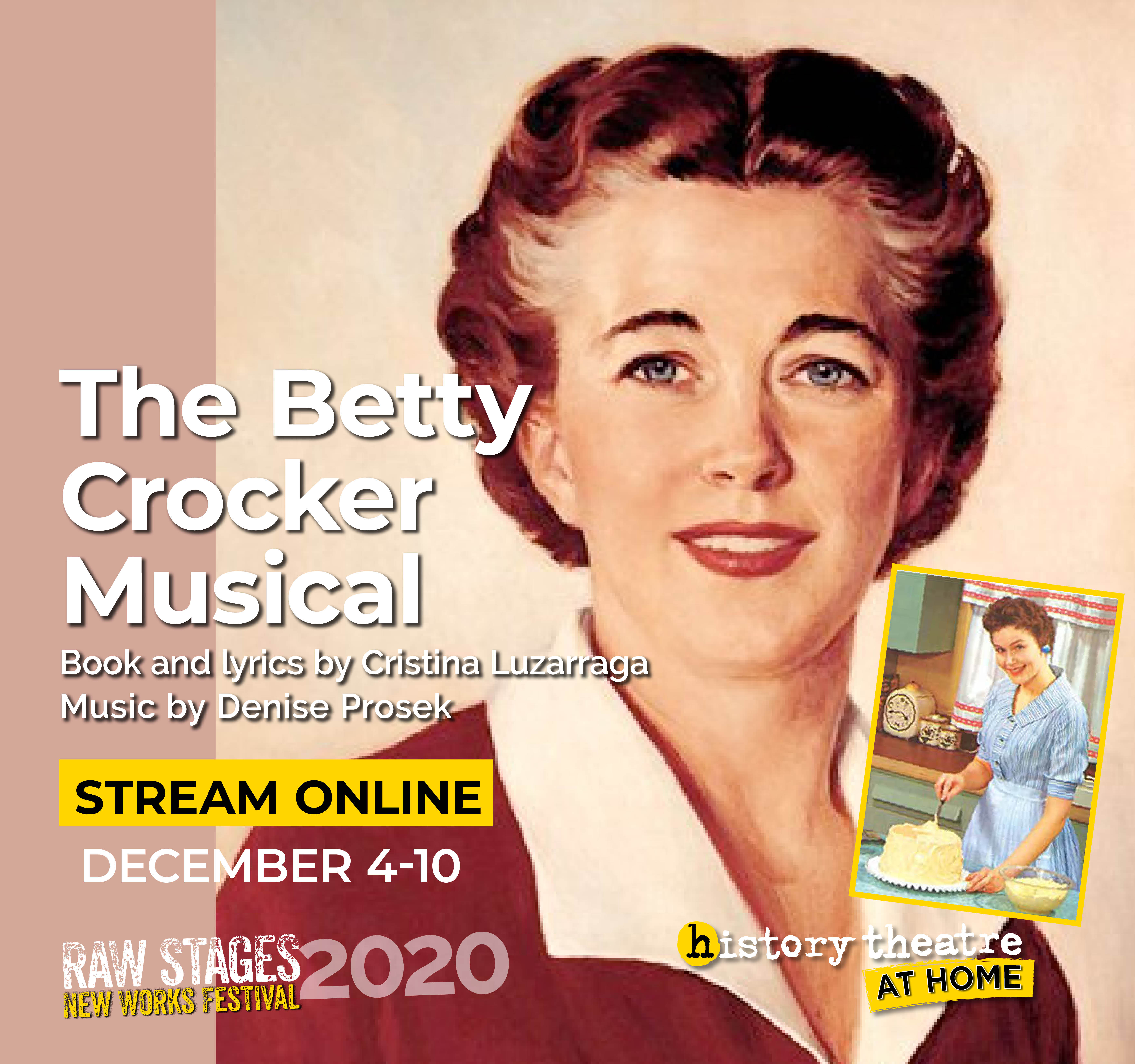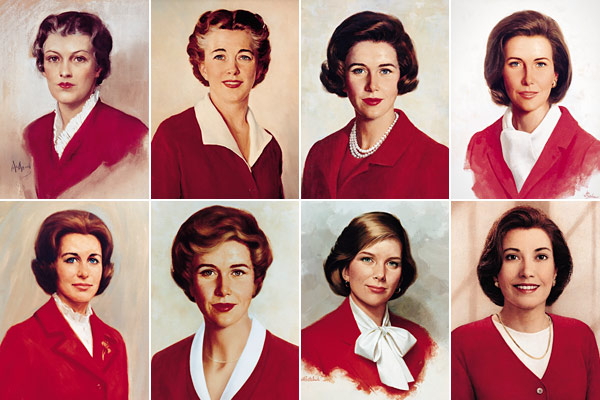It's almost 2021 and that means Betty Crocker turns 100. When I was working on my book, Finding Betty Crocker, I never once thought ahead to Betty turning 100 and what it all means that she has endured. But I'm sure thinking about it now.
This past year I've been a part of a collaboration for a musical about Betty Crocker with the History Theatre. The musical will be on stage in 2021 in Saint Paul, Minnesota.
We are asking all sort of questions about Betty. Similar to my documentary film, The Betty Mystique where historian Dr. Elaine Tyler May said, "It's interesting to consider why did needed Betty Crocker for so long. Betty Crocker was a fictional character. She was an advertising icon. She was created by a company but sustained by millions of fans. And that's the interesting question to ask: Why? Why was Betty Crocker so important? Why did people resonate to her as if she was real? Why did people look to her for advice? Why did they need her?"
More questions lead to more questions.
Is Betty still relevant as she turns 100? Do we still need her? Is she representing us? Does she only represent white women? Does she only represent women? Is she misrepresenting us? Does she represent all of us if her portrait isn't used? And how important is it that she represent everyone? Who decided that corporation needs to represent us? Or is Betty more of a nostalgic figure? The questions of representation and relevance are endless. She's lasted 100 years so she is definitely worthy of these and even more questions.
Here's a bit more about the musical:
Streaming Friday, December 4 - Thursday, December 10, 2020
To stream online, click here
book and lyrics by Cristina Luzarraga
music by Denise Prosek
Directed by Austene Van
Musical direction by Jason Hansen
Dramaturgy by Susan Marks
This new musical explores the ever-changing roles of women over the last century through the lens of Betty Crocker, America’s First Lady of Food. “Born” in 1921 to the company that would become General Mills, Betty was a marketing invention––not a real person––but she came to represent far more than just flour. In 1945, Fortune Magazine named Betty Crocker the 2nd most popular woman in America. Originally depicted as white, blue-eyed, and middle-aged, Betty morphed over time as society grappled with questions of race and gender. At once a radio personality, a letter-writing confidante, a cheerleader and a scold, Betty taught a nation how to “add an egg" and much, much more.
- Buy ticket/s to stream, click here. Please consider buying a ticket for everyone viewing. We hope to cover our costs, pay our artists during this crisis and stay connected to YOU, our loyal audience.
To learn more about Betty Crocker
- I am Betty Crocker (tpt originals)
- Listen to holiday episode where Betty Crocker features sweet treats that the whole family will enjoy (Betty Crocker radio show, 1920s)
- How Betty Crocker Became a Good Neighbor (WCCO)
- The Invention of Betty Crocker (ampers.org)
- Recipe: Steak Diane
- How to serve a family of six for 69 cents






























































